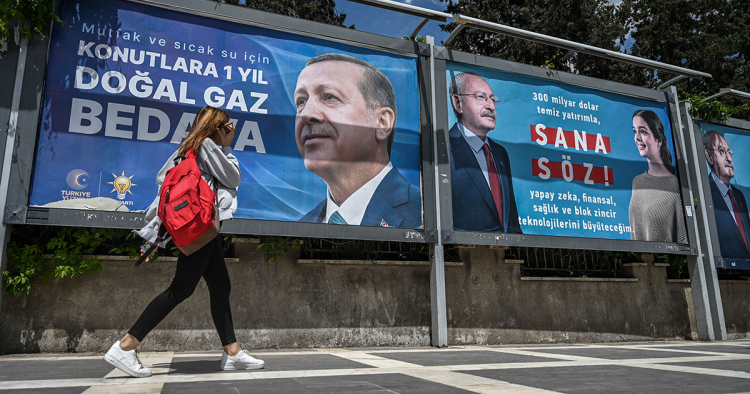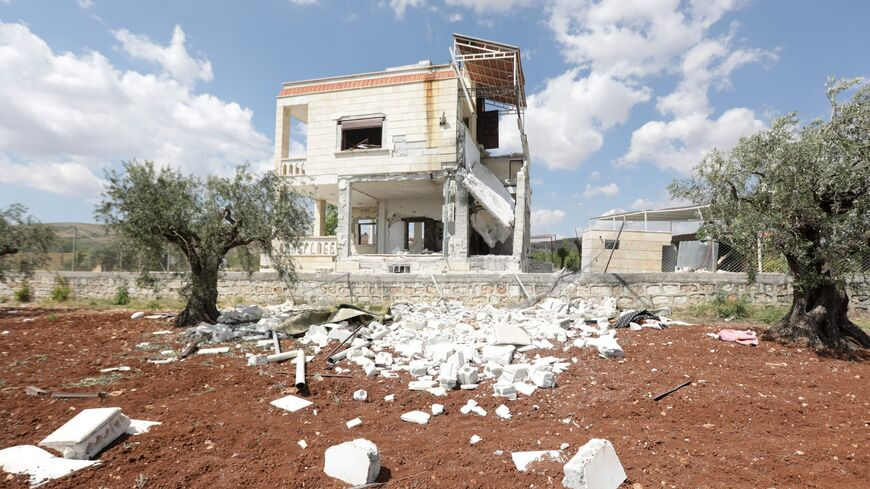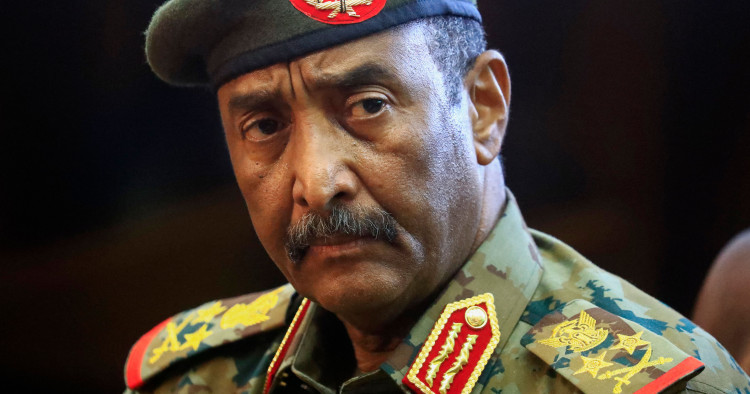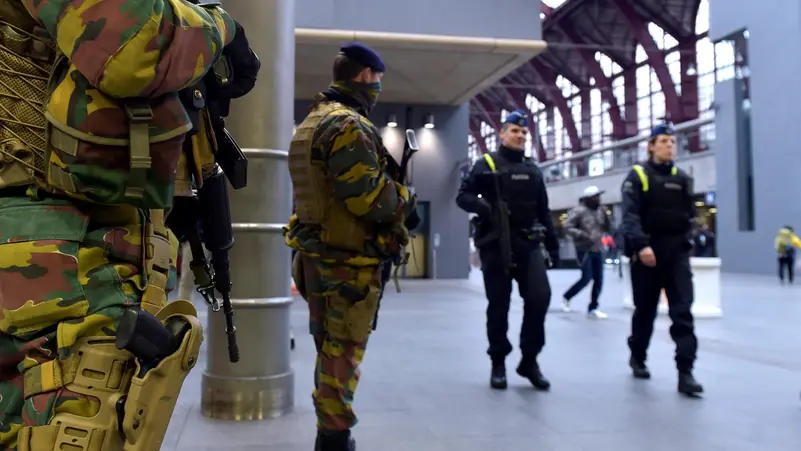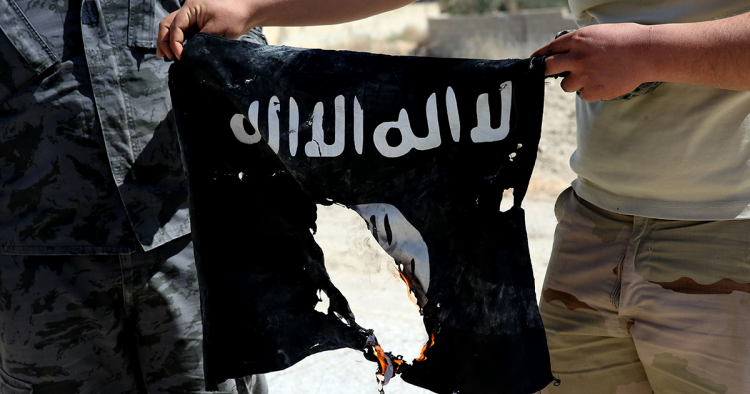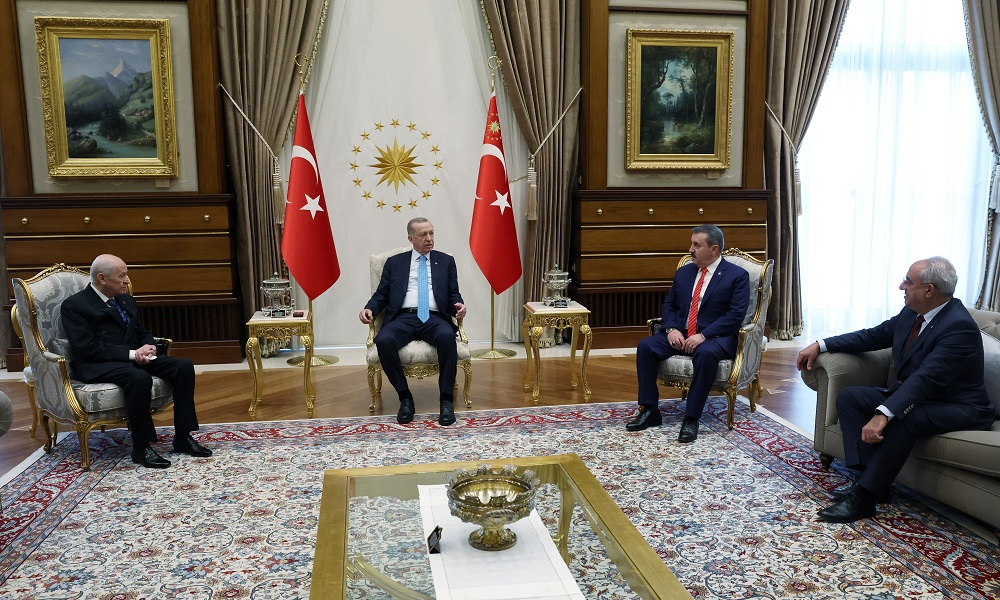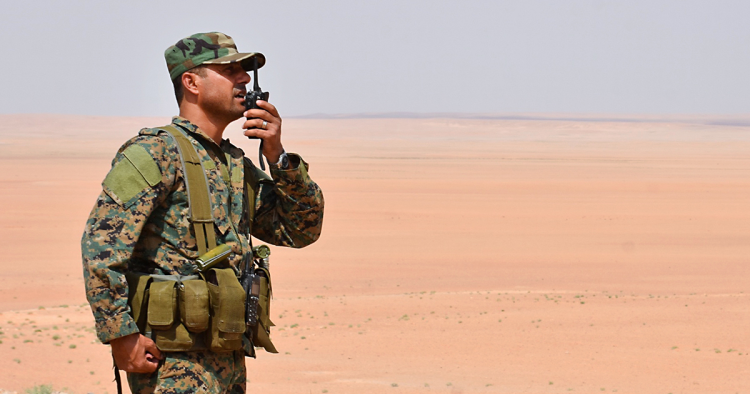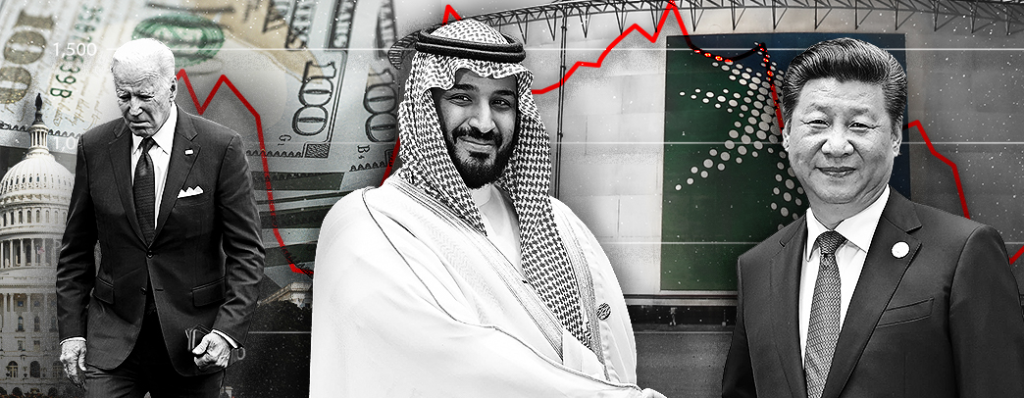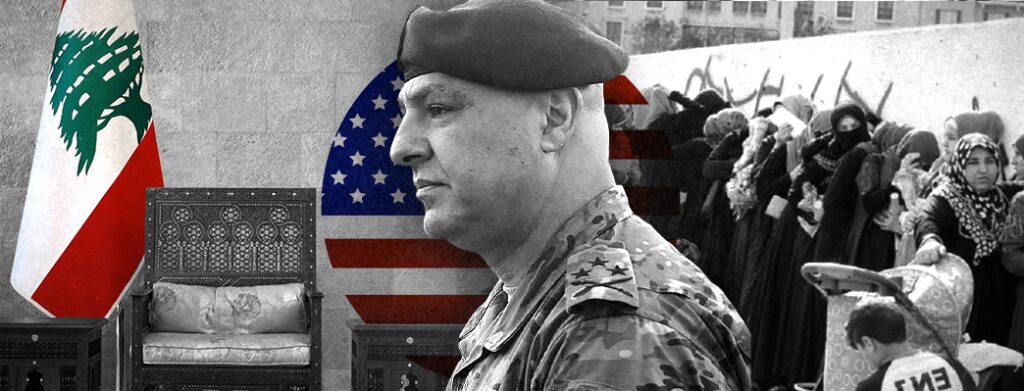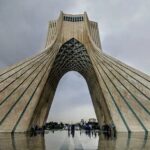
Tehran will host an international conference on the emerging new world order on May 10-11, General Esmail Ahmadi Moqaddam announced on Monday.
Moqaddam, the former police chief who is currently the head of Iran’s National Defense University, said Parliament Speaker Mohammad Bagher Qalibaf will deliver opening remarks at the conference.
“In addition, General [Mohammad Hossein] Bagheri, Chief of General Staff of Armed Forces, and three other foreign speakers will be the keynote speakers of the ceremony. The closing ceremony speaker will be Admiral [Ali] Shamkhani, Secretary of the Supreme National Security Council,” General Ahmadi Moqaddam added.
“Guests from 36 countries will participate in this conference, and bilateral meetings between Iranian officials and foreign guests, as well as between foreign guests, will be held on the sidelines of this conference,” he added.
The former police chief went on to say that Saudi Arabia does not have an official presence and its scholars are not participating in the conference, but in the coming years, if such conferences are held we will have a serious plan for the participation of our neighbors.
General Bagheri, who recently visited Oman, described the conference as significant. The general pointed out that Tehran would host a significant conference on the new international order, which will be attended by a number of nations, including Oman.
In recent years, Iran and Oman have conducted a number of joint naval exercises.
The Iranian Navy and the Royal Navy of Oman conducted a combined military exercise in the Strait of Hormuz and the Sea of Oman in December 2021.
The military drill, which was the eighth of its type between the naval forces of Iran and Oman, was carried out in accordance with a decision made at meetings of the two nations’ joint military friendship commissions.
